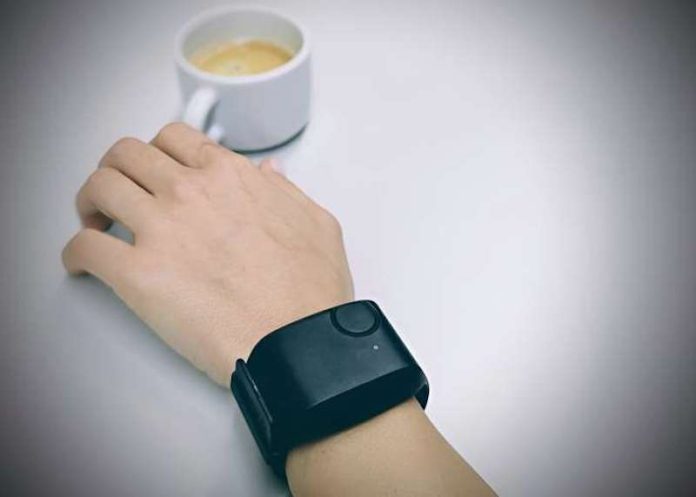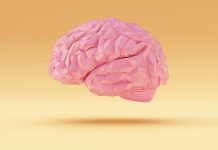
Bipolar disorder impacts a person’s mood, energy, and ability to manage daily life. It swings their emotions from very happy to very sad, making usual tasks and social interactions tough.
It’s like a seesaw of emotions that affects around 1-2% of Europeans, equivalent to the entire population of a city like Frankfurt.
A Wearable Device to Track Moods
Researchers from Barcelona and Edinburgh are exploring a fresh way to understand these emotional seesaws using wearable technology.
Diego Hidalgo-Mazzei and his team used a special bracelet, named Empatica E4, worn by participants for 48 hours, which can read tiny electrical changes in the wearer’s skin.
These changes can tell us about the stress level of the person, giving a new, immediate way to see if someone is feeling manic, depressed, or okay. In a study, 38 individuals with bipolar disorder and 19 without wore these bracelets.
The fascinating part? Bipolar disorder patients in a sad (depressed) phase showed different skin electrical activity compared to when they were happy (manic) or to the people without bipolar disorder.
The technology even caught the shift of mood from one phase to another. Current methods to understand these shifts involve talking to doctors and filling out questionnaires, which can be subjective and not always accurate.
This device provides an objective, scientific way to understand these mood changes as they happen.
Promise for Future Treatments
While promising, this technology is in the early stages.
A lot more study with more people is needed to confirm these findings and understand how best to use this technology for diagnosing and treating bipolar disorder in various situations.
Nevertheless, it introduces a new, exciting way to potentially diagnose and manage bipolar disorder.
Imagine this: Rather than relying heavily on in-person doctor visits and self-reporting, individuals might utilize wearable technology to give real-time data about their mood swings.
This helps not only in quicker and personalized treatment but also in potentially alerting to risky situations, like an increase in suicide risk or mood swings that could affect activities like driving.
Experts Weigh In
Experts, like Professor Paolo Ossola from Italy, are optimistic but cautious, underlining that this is a preliminary study.
It needs further work to move from a research environment to being a tool in everyday mental health settings.
However, the potential is tantalizing: offering a timely intervention that is not solely reliant on self-reporting or proximity to clinical facilities.
In summary, this evolving technology paves the way towards an innovative era in mental health where, hopefully, managing bipolar disorder becomes more precise, personal, and effective in real-world settings.
The collaboration between medical and data professionals speeds up the development of this progressive branch in psychiatry, pointing towards a future where mental health management can be more immediate, personal, and perhaps, a bit more certain.
For more information about mental health, please see recent studies about how dairy foods may influence depression risk, and results showing Omega-3 fats may help reduce depression.
If you care about ADHD, please read studies about 5 signs you have ADHD, not laziness, and new drug to reduce daydreaming, fatigue, and brain sluggishness in ADHD.
Follow us on Twitter for more articles about this topic.
Copyright © 2023 Knowridge Science Report. All rights reserved.



